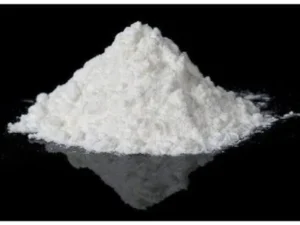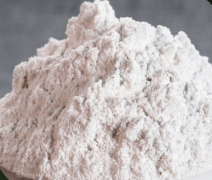Description
Lactic acid (E270)
Lactic acid occurs as a thick, colorless liquid with a characteristic sour taste. It is obtained as a byproduct of a process known as bacterial fermentation of sugar, cornstarch, or milk whey. In the human body, lactic acid appears in muscle cells and red blood cells when the body experiences intense exercise.
| Physical and chemical characteristics | Value |
|---|---|
| Description | Clear, syrupy liquid with a sour taste. |
| Color | Colorless or slightly yellow |
| Smell | Odorless or slightly characteristic odor |
| pH | 1 |
| Boiling point | 122°C (1.85–2.0 kPa, 100%). |
| Melting point | 53°C (100%) |
| Combustibility | Incombustible |
| Specific density | 1,20 – 1,21 |
| Viscosity | 0.0369 Pa s (25°C, 86.6% aqueous solution) |
| Solubility | Miscible with water and alcohol |
| Metal corrosion | Low, 1.14 mm/year |
The shelf life of lactic acid is 3 years. The product should be stored in its original packaging or in airtight containers.
Salsal Trading SA offers lactic acid in IBC container.
Lactic acid is widely used in the food industry. As E270, it is commonly used as a preservative and acidity regulator. It is used, among others, in bakery to leaven bread and in dairy industry, where it accelerates the fermentation process of dairy products. Lactic acid adds a characteristic, slightly sour taste to various products, such as pickles, salad dressings, yoghurts and sweets.
Lactic acid is also used in cosmetics – its moisturizing properties allow it to be used as an ingredient in cosmetics that provide smooth, uniform skin. In medicine, the product is used as a probiotic – a preparation that takes part in the reconstruction of the digestive tract.
In the chemical industry, 2-hydroxypropanoic acid can be used to produce other chemical compounds and as an ingredient in cleaning agents.















Reviews
There are no reviews yet.